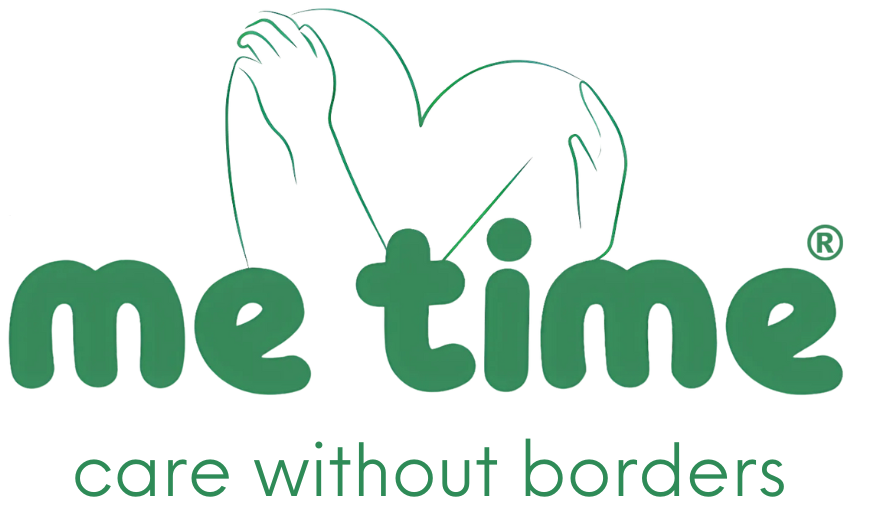Exclusive Offer: Enjoy Free CARA for All Users
Clinical Psychologist, Sebnem Turkmen
|
November 22, 2022
The Concept of Beauty in a Shifting World

The Concept of Beauty in a Shifting World
Beauty is a concept that has been constantly evolving throughout human history. And it has been highly associated with perfection. In a constantly changing world, the concept of beauty has been subject to significant shifts over time. The shifting nature of beauty is reflected in the various ideals that have emerged in different cultures and eras, highlighting the profound connection between beauty and mindfulness.
With developing technology and social media, we tend to fit a beauty concept, which we may not even consider beautiful, potentially harming our well-being. What if trying to fit in does not make us feel good physically and mentally? The concept of beauty has traditionally been associated with physical attractiveness, symmetry, and harmony, often at the expense of self-compassion. However, in recent years as cultures and norms have evolved, so too has the definition of beauty. Today, beauty is often viewed as something that is more inclusive and diverse, encompassing a wider range of physical features and attributes while promoting self-compassion and self-acceptance.
In some cultures women try to manage their lives around the concept of beauty, which could potentially create a lot of pressure on them. Avoiding certain foods, feeling guilty if they put on some weight and developing an unhealthy relationship with food.
To start building a good relationship with food we must understand the whole concept. A healthy relationship with food does not necessarily mean a healthy diet, or counting calories and the nutrients of the food. In most cases it is related to emotions, thoughts, perceptions and are most likely linked to childhood memories such as eating grandma’s meatball pasta. There is possibly a wide range of emotions stored in those memories. These feelings are complex, not linear and could be tricky.
Signs of Unhealthy Relationship with Food
Let’s examine some of the signs that you may have an unhealthy relationship with food.
- Dieting cycle and failing
- Feeling ashamed or guilt after eating a certain food
- Labeling foods as good or bad
- Overeating without realization
- Counting calories and macros
- Eating your feelings (anger, stress etc.)
- Avoid eating around others
- Your food choice determines who you are and feeling stressed about what others might think about your food choice
- Eating without being hungry
One thing to consider is that each person has a different kind of relationship with foo. Besides survival we eat for fun, joy, pleasure and socialization. So, try to consider food as more than just a fundamental element for our survival. And during this slow but gradual process you’ll improve your relationship with food.
How to build a healthy relationship with food? Building a healthy relationship with food involves changing the way we view and approach eating. It means prioritizing nourishment and pleasure over restriction and guilt. This can be achieved by practicing mindful eating, listening to our body's hunger and fullness cues, and avoiding labeling foods as "good" or "bad." It's also important to focus on the overall quality of our diet rather than individual foods, incorporating a variety of nutrient-dense whole foods while allowing for occasional indulgences. Building a healthy relationship with food takes time and effort, but it can lead to a more positive and sustainable approach to eating and overall wellbeing.
**Answer these questions with all honesty and without being judgmental: **
- Do I enjoy it? Do I really want this food?
- Is this food satisfying?
- Do I notice my hunger going away?
- What are my emotions?
- Was I even hungry?
- Why did I decide to eat this food?
Write your answers down and create a journal. While observing and listening to your body, you can teach yourself to make healthier choices for your body. Avoid punishing yourself for over indulging. Eating more does not make you less healthy.
In recent years, the beauty industry has increasingly recognized the need to cater to diverse body types, skin tones, and ethnic backgrounds, reflecting a broader and more inclusive understanding of beauty.
Another significant shift in the concept of beauty has been the growing importance of inner beauty. While physical attractiveness still plays a role in defining beauty, the emphasis on inner qualities such as kindness, empathy, and intelligence has become more prominent. This reflects a growing recognition that true beauty goes beyond outward appearances and encompasses a range of inner qualities that are essential to leading a fulfilling and meaningful life.
The shifting concept of beauty is not just a reflection of changing cultural values but also reflects the impact of technology and globalization. Advances in technology have made it possible to manipulate and enhance physical features, challenging traditional notions of beauty. Similarly, globalization has led to the exchange and fusion of cultural ideas and ideals, resulting in a more complex and diverse understanding of beauty.
The concept of beauty is constantly evolving
The concept of beauty and acceptance is constantly evolving in a shifting world, reflecting changing cultural values, technological advancements, and globalization. While physical attractiveness remains an important aspect of beauty, the growing emphasis on diversity, inclusivity, and inner beauty and acceptance reflects a broader and more nuanced understanding of what it means to be beautiful in today's world.

Need support on your wellness journey?
You don't have to wait to talk to someone. Our licensed providers have availability every week, making it easy to start when you're ready.


Need support on your wellness journey?
Whether you're navigating something difficult or simply looking to improve your well-being, our licensed providers are here to help.
You don't have to wait to talk to someone. Our licensed providers have availability every week, making it easy to start when you're ready.



